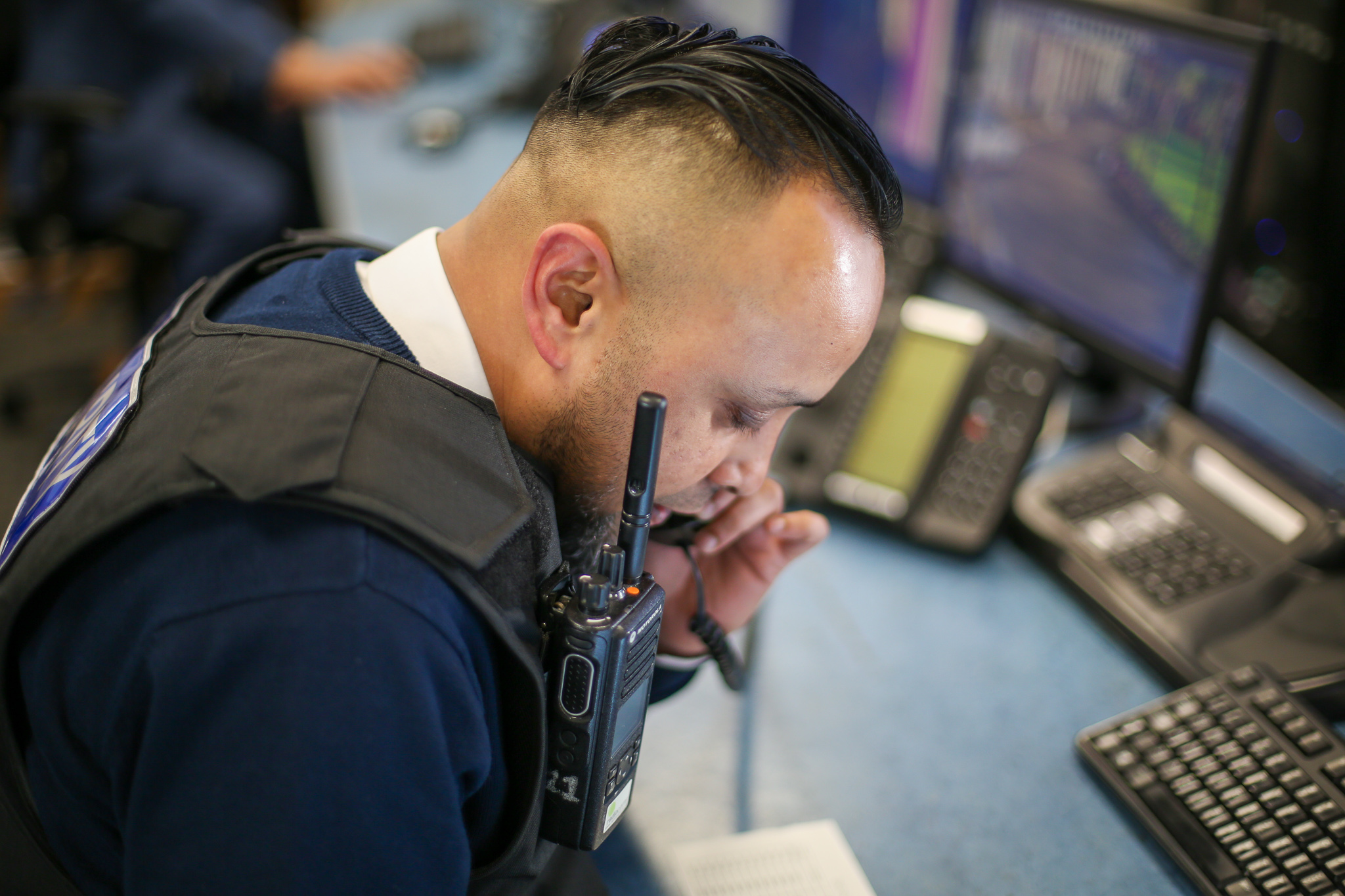Personal Security

Personal Safety Guide
Our Personal Safety Guide provides information and advice on how to stay safe, both on and off-campus. Pick up a hard copy from a Security Control Room or download a copy:
Personal safety guide [PDF 574KB]
Top ten safety tips
- Do not allow people you don’t know to follow you into your accommodation.
- Ensure the entrance door to your accommodation is firmly shut behind you.
- Do not leave your room unattended and unlocked.
- Ensure doors and windows are shut when rooms are unoccupied, including communal ones.
- Arrange for deliveries you cannot accept in-person to be delivered to local pick up lockers or pick up stores outside the campus.
- Ensure you use two high-quality D-locks when securing your bike.
- Do not leave drinks unattended.
- Do not walk in dimly lit areas alone, stick to busy main roads.
- Do not leave phones, laptops or bags unattended, even if you are just getting a book in the library, a coffee in the café or going to a toilet.
- Report suspicious activity to Security immediately.
Safe Spaces
Some QMUL buildings have a 24/7 security presence, so if you ever feel unsafe, lost or harassed, the below spaces have Security Officers that will be more than happy to help you:
- Dawson Hall at Charterhouse Square
- Garrod Building in Whitechapel
- Department W in between Whitechapel and Stepney Green
- Queens’ Building at Mile End
- Westfield Way Lodge close to Mile End Station
- Aspire Point in Stratford
- Blithehale Court close to Bethnal Green Station
- Sherren House in Stepney Green
Fraud
Some of the most common types of fraud affecting the student population are:
- Spoofing - a technique whereby the fraudster fakes the phone number on caller ID to give the impression that you are being contacted by a genuine bank or law enforcement agency number. The phone number showing on your mobile/call ID screen will look exactly like the one associated with either your bank or the Police/HMRC. The fraudster then instructs the student to transfer money into a “safe” account to protect their funds from being compromised.
- Vishing - this involves a fraudster making phone calls purporting to be from a reputable organisation, such as a bank, the fraud investigation team or the Police. The call is made to obtain personal financial information, which often includes credit/debit card details (including PIN), bank account details and personal information such as full name, date of birth, address, passwords and security codes. This information is then used to gain access to their victim’s finances.
- Courier scams - fraudsters purporting to be from a student's bank, or a courier working on behalf of the bank, are calling students to say their account has been compromised and that their bank card needs to be collected from their accommodation. They may also ask the customer to key in their PIN or write it down and hand it over along with the card.
- Sextortion – known also as webcam blackmail takes place when criminals trick a student into video communication of a sexual nature with the purpose of obtaining the student’s naked images to blackmail them with a threat of posting these images on social media.
- Money Muling - is a type of money laundering. A money mule is a student who receives money from a third party in their bank account and transfers it to another one or takes it out in cash and gives it to someone else, obtaining a commission for it.
- Pharming - is when a fraudster creates false websites in the hope that people will visit them by mistake or through redirection from other genuine websites.
- Phishing – This is an attempt to obtain sensitive information for malicious reasons by impersonating a trustworthy entity in an electronic communication.
- Virtual kidnapping - is a type of scam targeting mostly international students (Chinese in particular). Fraudsters pretending to be from the Chinese Government or Embassy convince victims that they have been implicated in a crime in China. Fraudsters threaten victims with extradition or criminal sanctions towards their families back home. Victims are then either threatened or coerced to transfer money to offshore bank accounts or fake their own kidnapping and their family is pressed for money.
For comprehensive advice on how to protect yourself from fraud visit:
https://takefive-stopfraud.org.uk
Personal Security Equipment & Tools
If you require, either for yourself or your department, panic alarms or other types of personal security equipment, they can be purchased from the following store - https://defendersecurityproducts.co.uk/
Cybercrime
If you think you have been a victim of cybercrime you should report this it to Action Fraud, the UK’s national fraud reporting centre by calling 0300 123 20 40 or by visiting www.actionfraud.police.uk
If you are a victim of online abuse or harassment, you should report it to your local police force.
For general advice on how to stay safe online go to www.GetSafeOnline.org
Cyber Security Awareness Module
A Cyber Security Awareness module is available for students and staff to self-enrol on QMPlus.